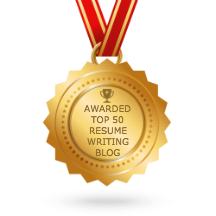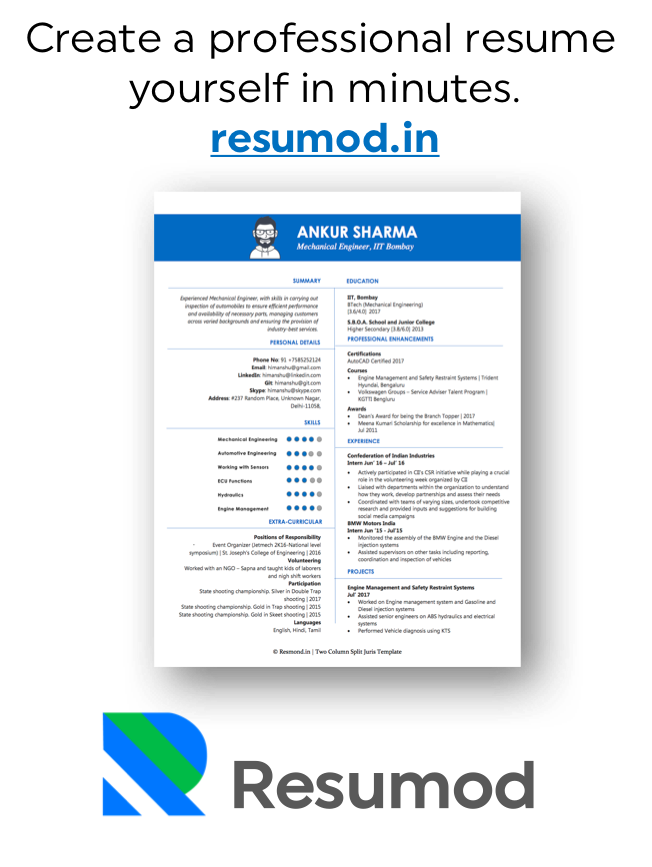Even the most seasoned professionals can make mistakes when looking for a new job, including C-level executives. Despite years of experience, a wealth of knowledge, and leadership success, there are common job search pitfalls that can hinder even the most senior leaders’ career transition. In fact, a study found that 54% of executives reported job searches taking longer than expected.
In this blog, we’ll explore the most common job search mistakes made by C-level executives and how to avoid them to ensure a smoother, more successful transition to the next chapter of your career.
The Unexpected Struggles of an Experienced CEO
Picture this: Natasha, a highly successful CEO with 20 years of experience in the tech industry, decided it was time for a career change. After leading her company through a profitable acquisition, she was ready to explore new opportunities. Confident in her expertise, she started sending out resumes, expecting immediate interest. However, weeks passed, and Natasha received little to no response. Confused, she wondered why her experience wasn’t translating into interviews.
Natasha’s story isn’t uncommon. Even top executives like her can face challenges in the job market when they don’t approach the process strategically. C-level executives are accustomed to making key decisions, managing teams, and steering organisations, but the personal job search can be a different playing field altogether.
So what went wrong for Natasha, and what can other C-level professionals learn from her experience?
Relying Too Heavily on a Strong Network
As a C-level executive, you’ve likely built an extensive network over the years. While networking is a critical component of any job search, over-reliance on it can be a mistake. It’s easy to assume that a well-placed connection will quickly lead to a job offer, but the reality is often different.
A LinkedIn survey shows 85% of jobs are filled through networking. However, this doesn’t mean you can sit back and wait for a phone call. Networking is about building meaningful relationships, staying engaged, and leveraging contacts in the right way.
Solution:
- Proactively reach out to your network, but don’t stop there. Expand your outreach beyond your usual circles.
- Attend industry events, participate in webinars, and engage on platforms like LinkedIn to stay visible and relevant in your field.
Not Customizing the Resume for Each Application
C-level executives often believe that their extensive career accomplishments will speak for themselves, leading them to send out a generic resume. This is a critical mistake. Even at the executive level, recruiters expect to see resumes tailored to the specific role and company.
Moreover, Applicant Tracking Systems (ATS) are used by many companies to filter resumes, and a generic resume may not include the right keywords or qualifications to pass the system’s scan.
Solution:
- Customize your resume for each role by aligning your experiences and achievements with the specific needs and priorities of the company.
- Use industry-specific keywords and ensure your resume is ATS-friendly.
Not Staying Current with Industry Trends
Executives sometimes fall into the trap of relying on their past successes and not keeping up with current industry trends and technology. In today’s fast-paced business environment, staying ahead of digital advancements and shifting industry dynamics is crucial, even for experienced leaders.
According to a survey, 77% of CEOs believe that the accelerating pace of technological advancements is one of the key challenges facing businesses today.
Solution:
- Stay updated on industry trends by reading reports, attending conferences, and engaging in continuous learning.
- Highlight any efforts to stay current on your resume or during interviews, as this will reassure potential employers that you’re adaptable and forward-thinking.
Overlooking the Importance of Personal Branding
At the C-level, your personal brand can be just as important as your resume. Executive hiring decisions are influenced not only by your qualifications but by your reputation and the perception of your leadership capabilities. Many executives make the mistake of neglecting their online presence, especially on platforms like LinkedIn, where many recruiters source talent.
Solution:
- Build a strong, cohesive personal brand across your online platforms.
- Regularly update your LinkedIn profile with accomplishments, industry insights, and thought leadership content.
- Ensure your personal brand aligns with the type of leadership role you’re seeking.
Not Preparing for Interviews
Even if you’re used to being the one doing the hiring, the dynamics change when you’re the one being interviewed. Many executives assume their experience will carry them through the interview without much preparation. However, interviews are an opportunity to showcase not just what you’ve done but how you can add value to a new organization.
A survey found that 49% of hiring managers say they can tell within the first five minutes of an interview if a candidate will be a good fit. For C-level executives, the stakes are even higher.
Solution:
- Prepare for each interview by researching the company, understanding its challenges, and crafting examples from your past experiences that demonstrate how you can solve those challenges.
- Practice answering common interview questions and be ready to discuss your leadership style, decision-making processes, and how you drive results.
Underestimating the Importance of a Career Narrative
C-level executives often have lengthy and diverse career histories, making it challenging to present a clear and focused narrative. A common mistake is presenting a resume that lists achievements without connecting them into a compelling story that demonstrates a consistent trajectory of growth and leadership.
Your career narrative should communicate not just what you’ve done, but why it matters and how it positions you as the ideal candidate for the role you’re pursuing.
Solution:
- Create a cohesive career story that ties together your past experiences and accomplishments with the role you’re targeting.
- Highlight key themes such as innovation, transformation, or growth that are relevant to the positions you’re applying for.
Being Unclear About Career Goals
Executives sometimes struggle to define what they want next in their career, which can lead to pursuing roles that aren’t a good fit. Without a clear sense of direction, job searches can become unfocused, and applications scattershot.
Solution:
- Take time to reflect on your career goals. What type of role are you looking for? What industries or sectors interest you? What are your long-term objectives?
- Once you have clarity, focus your job search on roles and companies that align with your vision.
Navigating the C-Level Job Search with Strategy
C-level job searches come with unique challenges, but by avoiding these common mistakes, you can position yourself for success. Remember that even at the executive level, the fundamentals of job searching—customization, networking, preparation, and a clear career narrative—still apply.
Approaching your search with a strategic mindset will not only shorten the process but also increase the likelihood of landing a role that aligns with your expertise and goals.
As Natasha discovered in her job search, adjusting her strategy made all the difference. By focusing on her narrative, customizing her resume, and expanding her network, she eventually landed a role that matched her skills and aspirations.
For C-level executives ready for their next challenge, it’s all about finding the right approach to stand out in a competitive job market.





